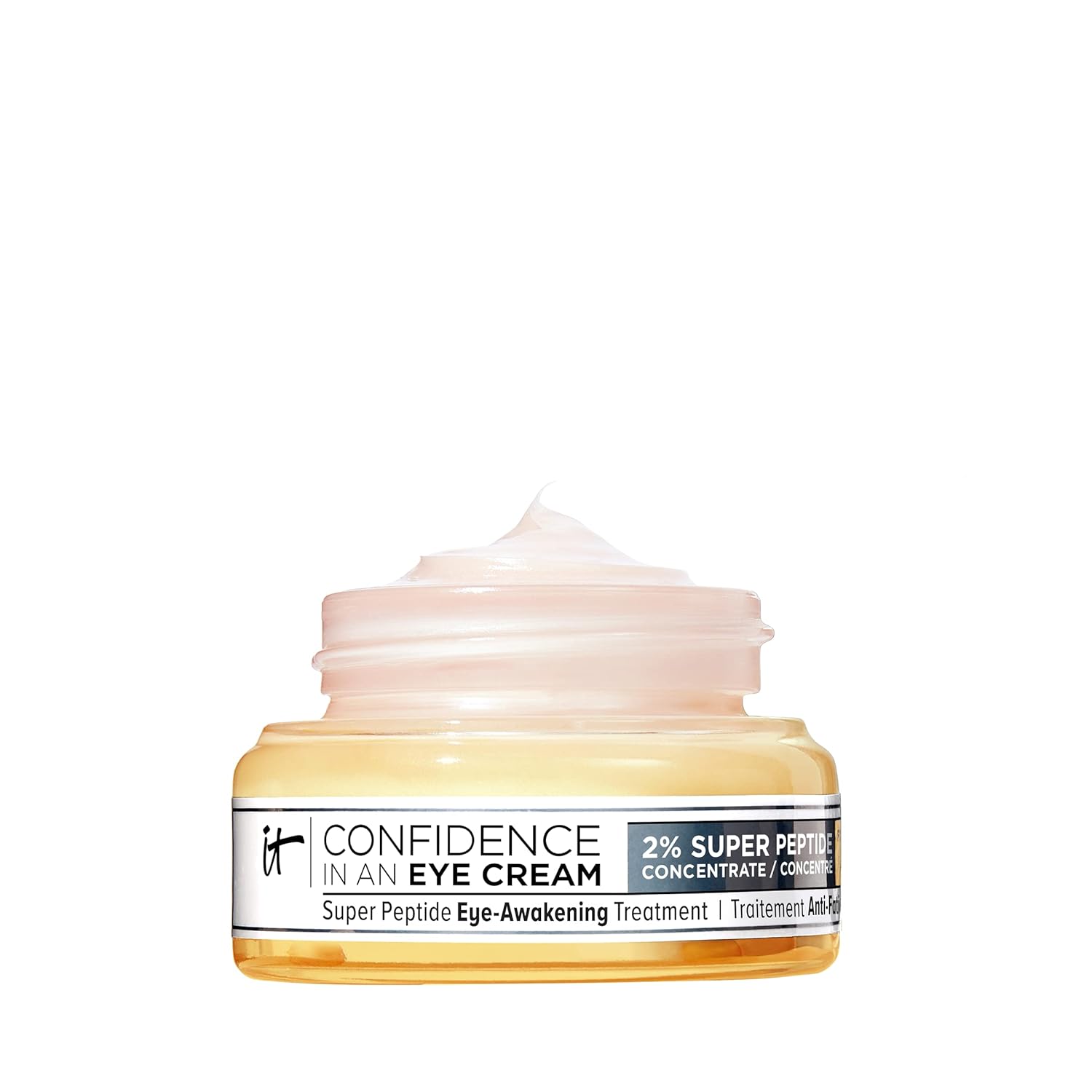









Confidence in an Eye Cream - Anti Aging for Dark Circles, Crow's Feet & Dryness
Category: sulwhasoo eye cream

The rapid development of artificial intelligence (AI) has led to significant changes in various industries, and the healthcare sector is no exception. AI has the potential to revolutionize the way healthcare is delivered, from streamlining administrative tasks to enhancing clinical decision-making. One of the most promising applications of AI in healthcare is the use of machine learning (ML) algorithms to analyze medical images.
Medical imaging is a crucial tool in the diagnosis and management of various diseases, and the interpretation of these images often requires highly skilled professionals, such as radiologists. However, the increasing volume of medical images, coupled with the growing demand for healthcare services, has led to a shortage of qualified radiologists in many regions. AI-powered image analysis can help address this challenge by automating the interpretation of medical images, allowing healthcare providers to make more accurate and timely diagnoses.
AI-based image analysis systems are trained on vast datasets of medical images, along with the corresponding diagnoses made by human experts. These systems can learn to recognize patterns and identify subtle abnormalities that may be difficult for the human eye to detect. Once trained, these AI models can analyze new medical images with impressive speed and accuracy, often outperforming human experts in certain tasks.
One example of the successful application of AI in medical imaging is the use of deep learning algorithms for the detection of breast cancer in mammograms. Studies have shown that these AI-powered systems can achieve comparable, or even superior, performance to that of experienced radiologists in identifying cancerous lesions. This technology can potentially help reduce the burden on healthcare professionals and improve the early detection of breast cancer, which is crucial for successful treatment.
Another area where AI is making significant strides is the diagnosis of neurological disorders, such as Alzheimer's disease and Parkinson's disease. AI-based analysis of brain imaging data, such as MRI and PET scans, can help identify patterns and biomarkers that are associated with these conditions. This information can then be used to support early diagnosis, monitor disease progression, and guide personalized treatment plans.
The integration of AI in medical imaging is not without its challenges, however. One of the key concerns is the interpretability and transparency of AI models, as healthcare professionals need to understand the reasoning behind the predictions made by these systems. Researchers are actively working on developing more interpretable and explainable AI models to address this issue.
Additionally, the deployment of AI in healthcare settings requires careful consideration of ethical and regulatory concerns, such as data privacy, bias, and liability. Healthcare organizations must ensure that the use of AI-powered tools is in compliance with relevant laws and regulations, and that the benefits of these technologies outweigh the potential risks.
Despite these challenges, the potential of AI in medical imaging is undeniable. As the technology continues to evolve and become more widely adopted, it is expected to have a profound impact on the quality and efficiency of healthcare delivery, ultimately leading to better patient outcomes.
product information:
| Attribute | Value |
|---|











![Pyunkang Yul [PKY] Black Tea Time Reverse Eye Patch for Anti-Aging, Deep Nourishing](https://m.media-amazon.com/images/I/41b5cspmVkL.jpg)





